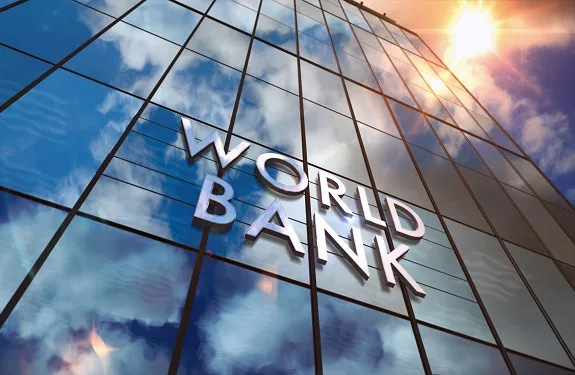The World Bank Group has stated that the global economy’s is set to slump to a three-decade low by 2030.
The Group stresses that an ambitious policy push is needed to boost productivity and the labour supply, ramp up investment and trade, and harness the potential of the services sector, a new World Bank report shows.
It stated this in its report, Falling Long-Term Growth Prospects: Trends, Expectations, and Policies, released yesterday.
The report offers the first comprehensive assessment of long-term potential output growth rates in the aftermath of the COVID-19 pandemic and the Russian invasion of Ukraine. These rates can be thought of as the global economy’s speed limit.
Also, the report documents a worrisome trend: nearly all the economic forces that powered progress and prosperity over the last three decades are fading. As a result, between 2022 and 2030 average global potential GDP growth is expected to decline by roughly a third from the rate that prevailed in the first decade of this century—to 2.2 per cent a year. For developing economies, the decline will be equally steep: from 6 per cent a year between 2000 and 2010 to 4 per cent a year over the remainder of this decade. These declines would be much steeper in the event of a global financial crisis or a recession.
“A lost decade could be in the making for the global economy, “said Indermit Gill, the World Bank’s Chief Economist and Senior Vice President for Development Economics. “The ongoing decline in potential growth has serious implications for the world’s ability to tackle the expanding array of challenges unique to our times—stubborn poverty, diverging incomes, and climate change.
versible. The global economy’s speed limit can be raised—through policies that incentivize work, increase productivity, and accelerate investment.”
The analysis shows that potential GDP growth can be boosted by as much as 0.7 percentage points—to an annual average rate of 2.9%—if countries adopt sustainable, growth-oriented policies. That would convert an expected slowdown into an acceleration of global potential GDP growth.
“We owe it to future generations to formulate policies that can deliver robust, sustainable, and inclusive growth,” said Ayhan Kose, a lead author of the report and Director of the World Bank’s Prospects Group. “A bold and collective policy push must be made now to rejuvenate growth. At the national level, each developing economy will need to repeat its best 10-year record across a range of policies. At the international level, the policy response requires stronger global cooperation and a reenergized push to mobilise private capital.”





